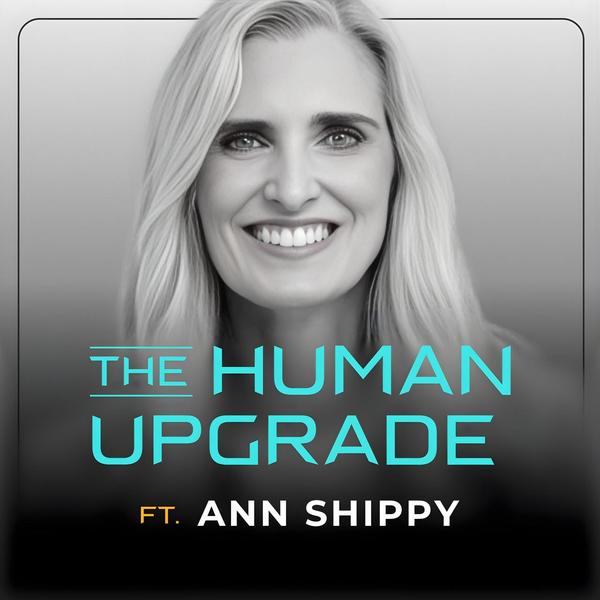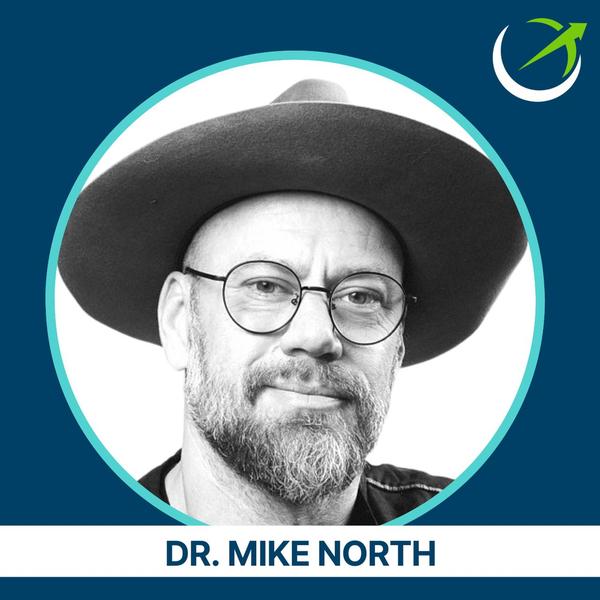Peter's key takeaways on liver health, heart rate variability, AI in medicine, klotho, and lactate metabolism | Quarterly Podcast Summary #2
Peter Attia
Sep 30, 2024
Mindsip insights from this episode:
Rename fatty liver disease to reflect metabolic dysfunction
Non-alcoholic fatty liver disease (NAFLD) is being renamed to Metabolic Dysfunction-Associated Steatotic Liver Disease (MASLD) to better reflect its direct link to insulin resistance.
Recognize liver's uniqueness: no backup for failure
Unlike kidneys which have dialysis or lungs which have ventilators, there is no machine that can support a failing liver, making a transplant the only option.
Implement weight loss and eliminate alcohol for fatty liver recovery
If you have liver fat, the first steps are to lose weight, improve insulin sensitivity, and completely remove all alcohol and liquid fructose from your diet.
Utilize FibroScan for non-invasive liver health assessment
A branded device called FibroScan uses vibration and ultrasound to non-invasively quantify the amount of fat and fibrosis in your liver.
Keep AST and ALT liver enzymes below 30 IU/L for health
As a general rule of thumb, you want to see both your AST and ALT liver enzymes below 30 IU/L.
Don't rely on blood tests for early liver damage detection
In adults, significant liver fat and fibrosis can develop long before liver enzymes like ALT and AST rise, meaning you can't rely solely on standard blood tests for early detection.
More from
Peter Attia
AMA #78: Longevity interventions, exercise, diagnostic screening, and managing high apoB, hypertension, metabolic health, and more
Ketogenic diet, ketosis & hyperbaric oxygen: metabolic therapies for weight loss, cognition, Alzheimer's & more | Dom D'Agostino, Ph.D.
The evolutionary biology of testosterone: how it shapes male development and sex-based behavioral differences, | Carole Hooven, Ph.D.
The impact of gratitude, serving others, embracing mortality, and living intentionally | Walter Green (#288 rebroadcast)
Thyroid function and hypothyroidism: why current diagnosis and treatment fall short for many, and how new approaches are transforming care | Antonio Bianco, M.D., Ph.D.
You also might be interested in
Dr. Casey Means: Eat like THIS to reduce your Risk of Metabolic Disease!
Biohacking Fertility for Men and Women at Any Age
Improve Energy & Longevity by Optimizing Mitochondria | Dr. Martin Picard
Dr. Casey Means: Stop Ignoring Your Health — Do These 5 Free Tests!
The Untold Science Of Vibration Therapy & The “BioDrive” Breakthrough That Regulates Your Mind and Body, With Dr. Mike North












